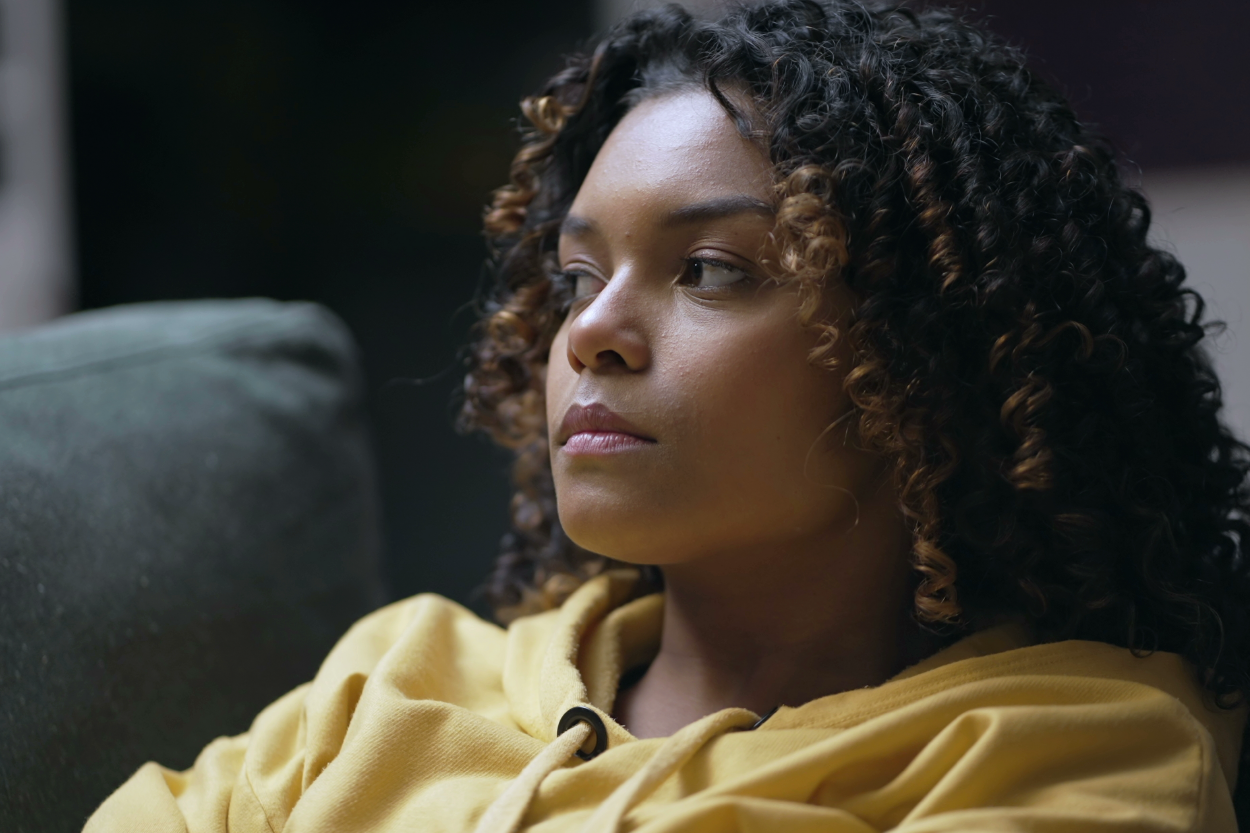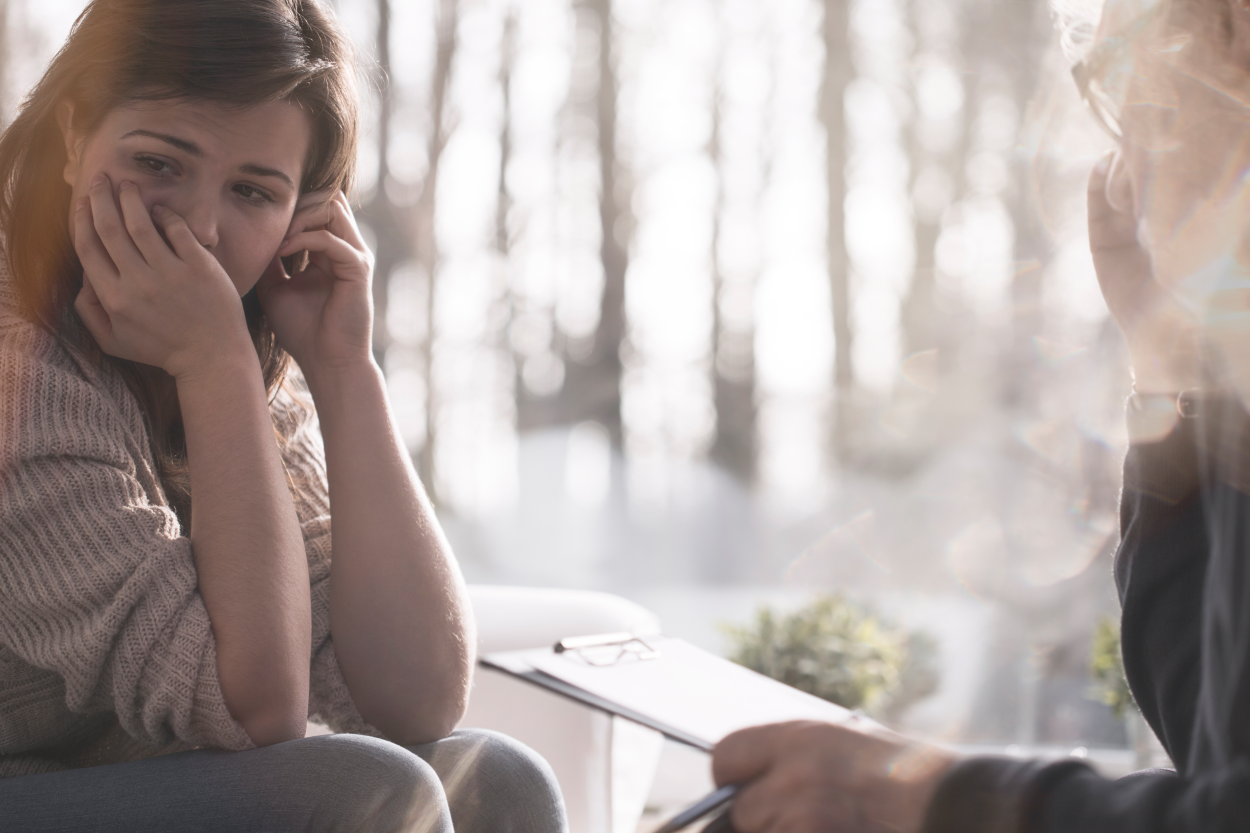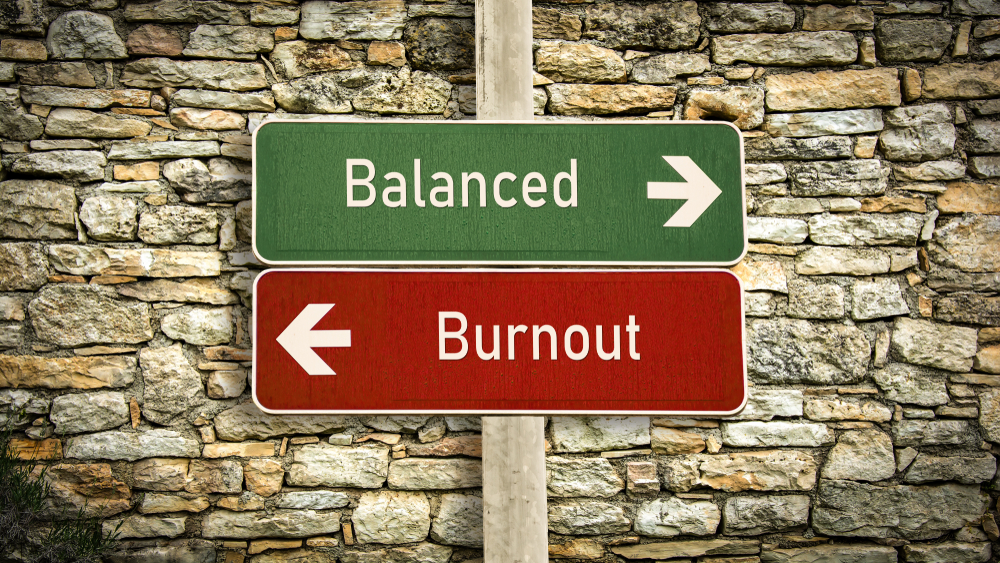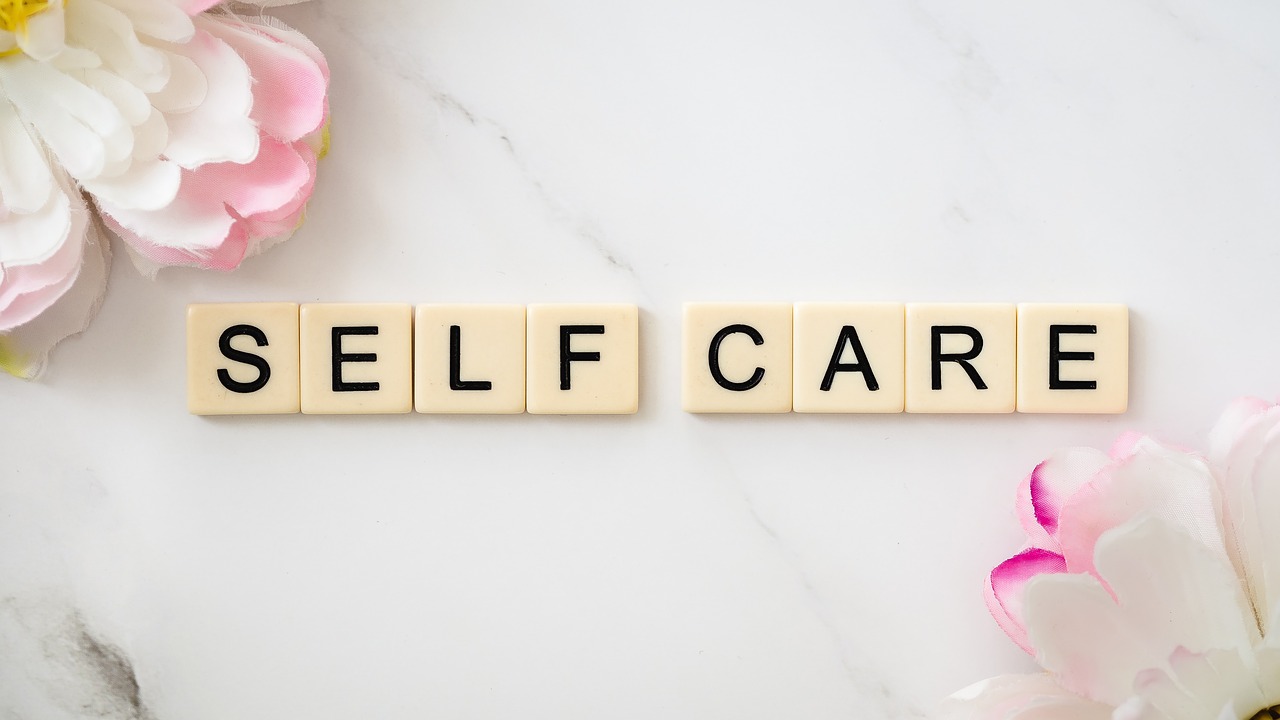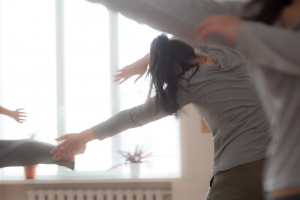
Highlighting the importance of mental health awareness
While one in five people will experience mental illness over the course of their lifetimes, everyone will face challenges that can and will affect their mental health. Observed every year on October 10, World Mental Health Day seeks to raise awareness of mental health issues and highlights efforts to support mental health.
Acknowledging the state of one’s mental health issues is important, and so is being able to seek help when you’re struggling. ACA has provided sharable graphics and resources to support counselors around the world who play a crucial role for those struggling with their mental health.
Related Articles from Counseling Today
General Public Resources from the Counseling Corner
For Our Children, Risk Is Okay—Danger Is Not
As parents, a common goal is to protect our children as much as possible. We don't want to see our kids hurt physically, emotionally or psychologically. And yet, most of us realize that such a goal is virtually impossible to achieve.
While it's relatively easy to try and keep our children from some physical harm through actions like making them buckle up every time they're in the car, making sure they have the necessary vaccinations, and keeping a regular schedule of doctor and dentist visits, kids are sometimes still going to get hurt just because they're kids. Climbing that tree probably seemed a good idea, just like sledding down that steep hill looked perfectly safe and riding that mountain bike off that jump looked like it would be nothing but a fun experience.
The reality is that kids often aren't able to see the danger in certain activities with the same clarity that parents can. Yet, despite our parental fears, it actually is a good thing for our kids to learn to take some risks, even if they fail at them sometimes. The intention for parents should be to help educate their child on the differences between danger and risk.
While climbing a tree will often look dangerous to a parent, a child will only see the challenge. But if the child has not been taught on safe ways to climb that tree, what height limits are okay and similar information, it can indeed be a perilous activity.
When a parent can instruct on how to minimize danger and instead enjoy the benefits and thrills that overcoming risk can offer, the parent is helping their child develop in a healthy way. Children are very sensitive to things that are bothering or worrying their parents, and if a parent is communicating constantly the need to be careful or to avoid most situations or activities, it only heightens a child's fears and feelings of insecurity.
But when a parent encourages sensible risk, and helps teach a child how to approach and conquer such risk, they are helping that child to grow and feel more secure, confident and successful.
We all want our children's world to contain as little danger as possible, but encouraging a child to take on some risk and teaching them to do it in safe ways is essential to having that child develop into a strong, secure adult.









